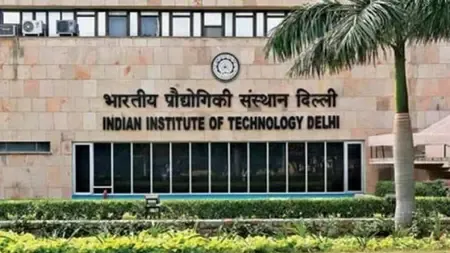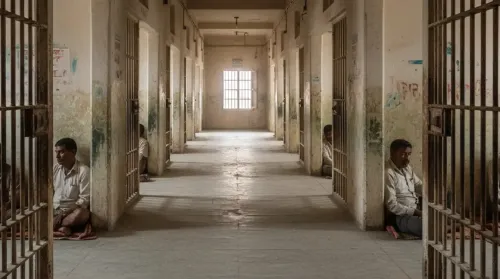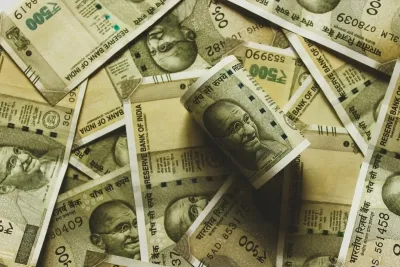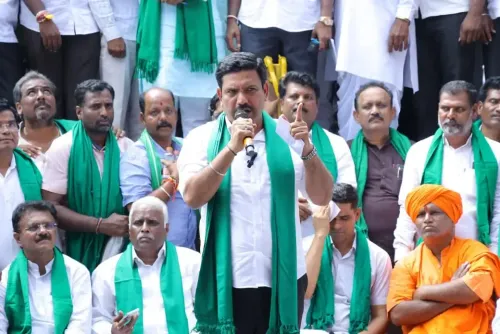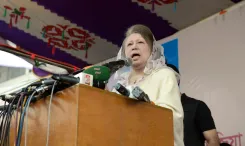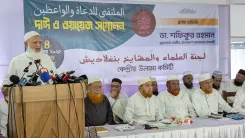Good Friday Observances Across Kerala Churches
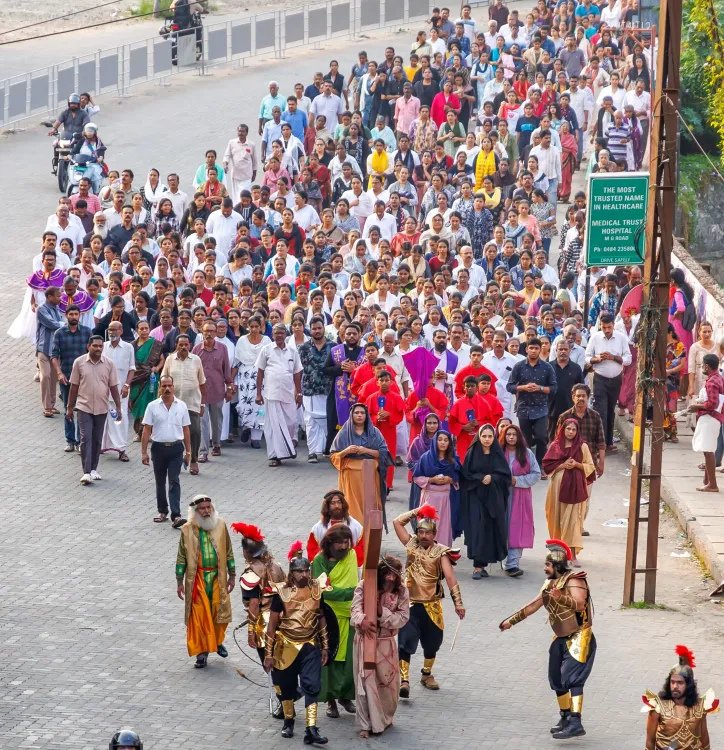
Synopsis
Key Takeaways
- Good Friday is widely observed across Kerala.
- Traditional meals like 'kanji' are part of the celebration.
- Church services differ in timing and protocols.
- The 'Way of the Cross' is a key event during the service.
- Easter Sunday brings a joyful return to feasting.
Thiruvananthapuram, April 18 (NationPress) For Christians in Kerala, Good Friday represents a significant day of prayer, observed even by those who seldom participate in the weekly Sunday services, resulting in bustling congregations across the state.
A highlight of the Good Friday observance in all churches is the traditional 'kanji' (a steaming hot gruel made from rice), usually served with pickle and a dish of pulses, which all the faithful partake in.
No one leaves before enjoying this meal, lovingly prepared by church members.
Among the 18 percent of the 3.30 crore population in Kerala who identify as Christians, a diverse range of denominations exist. Over 50 percent are Catholics, while the rest belong to Syrian Orthodox, Jacobite, CSI, Mar Thoma, as well as various Pentecostal churches and new-age prayer groups.
Each church follows its unique protocols for the Good Friday service, but it is universally recognized as the longest mass in their religious calendar.
In some churches, the Good Friday mass starts around 8:30 a.m. and concludes around 1 p.m., while in the Orthodox and Jacobite churches, it extends past 2 p.m.
The principal event on Good Friday is the 'Way of the Cross'—the 14 stations representing Christ’s journey to Mount Calvary, enacted with congregants moving from station to station, singing hymns as the priest narrates the events of betrayal, arrest, trial, and crucifixion.
Another significant ritual observed in all churches involves the drinking of 'choruka' (a mixture of bitter gourd juice and vinegar) by attendees.
As the mass approaches its conclusion, the priest administers a spoonful of 'choruka' to each attendee, symbolizing the final moments of Jesus before his death when some bystanders offered him vinegar-soaked cloth to drink.
Saturday is a day of quiet reflection with minimal church services, but Sunday—Easter Sunday—marks a joyful celebration of the resurrection of Jesus Christ.
In numerous churches, the Easter service culminates with the sunrise, followed by a feast, as many devout Christians who abstained from meat during Lent return to their non-vegetarian diets.

